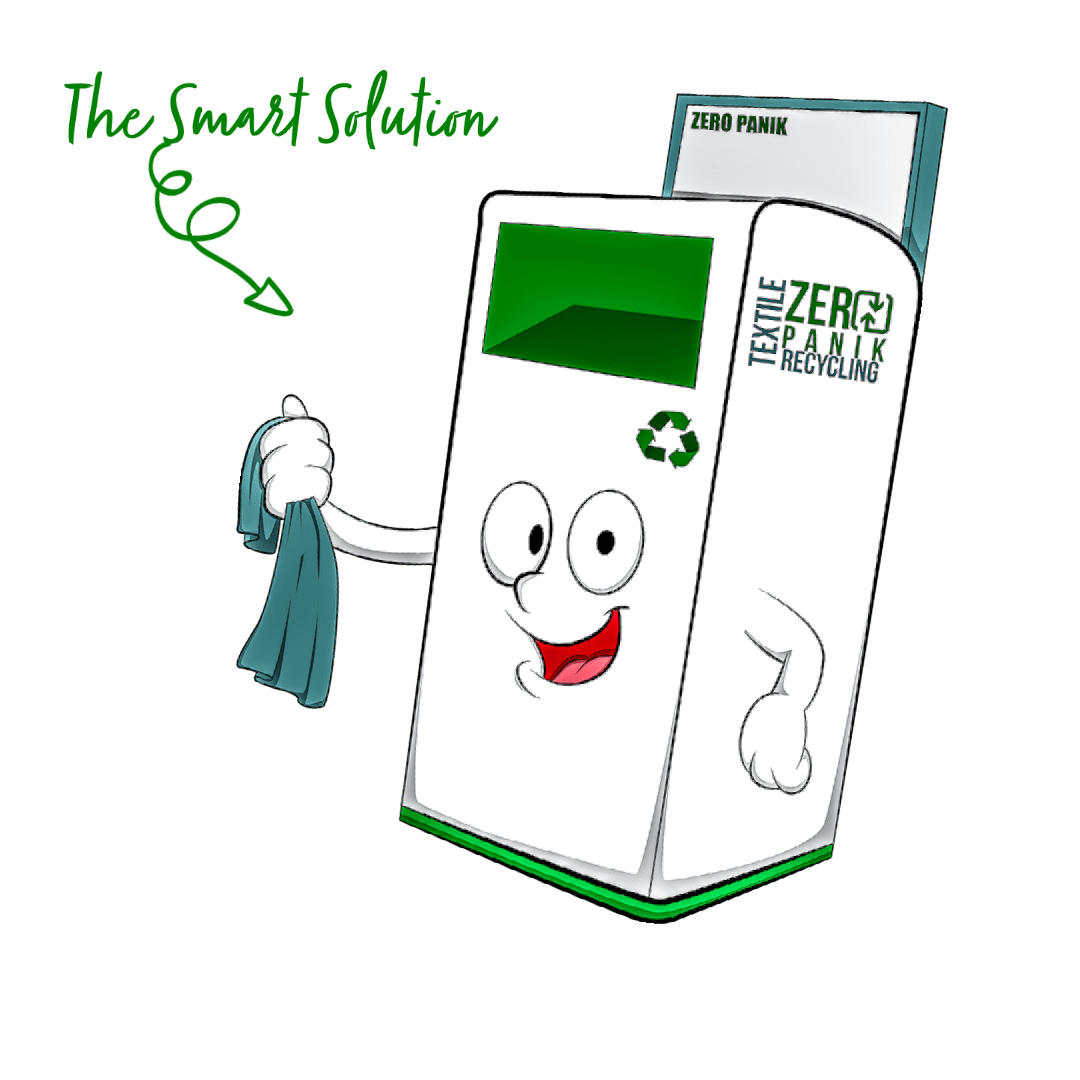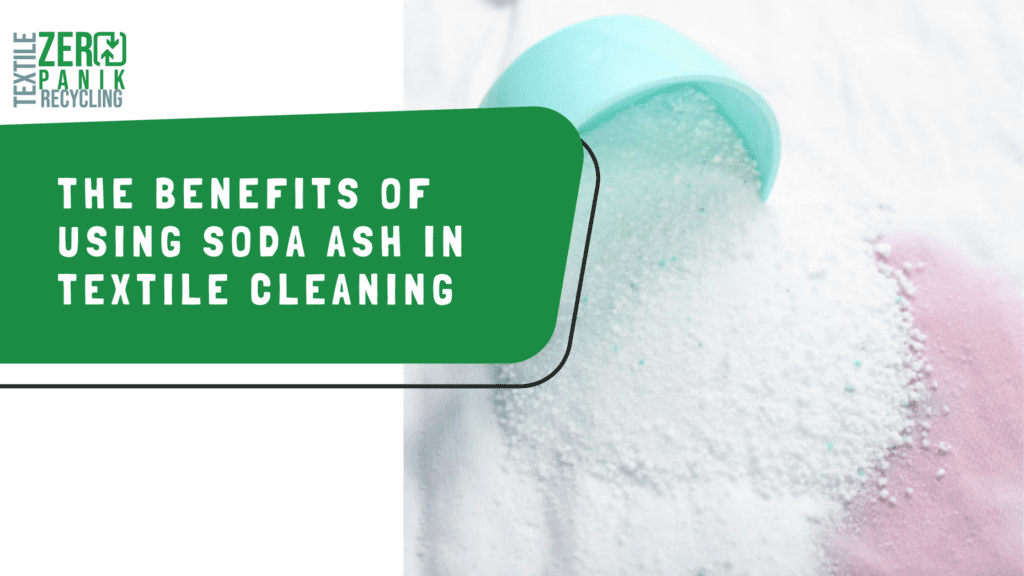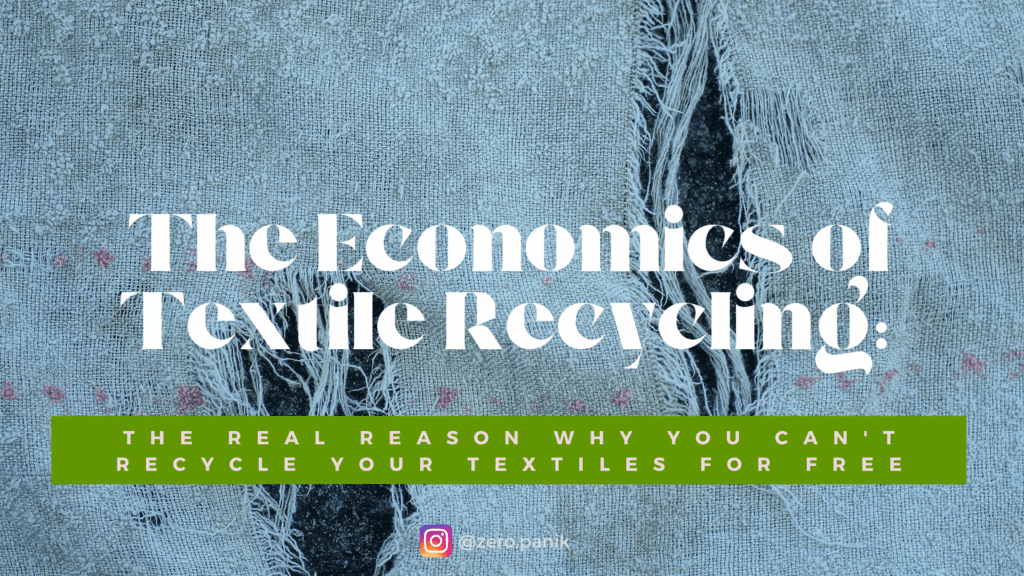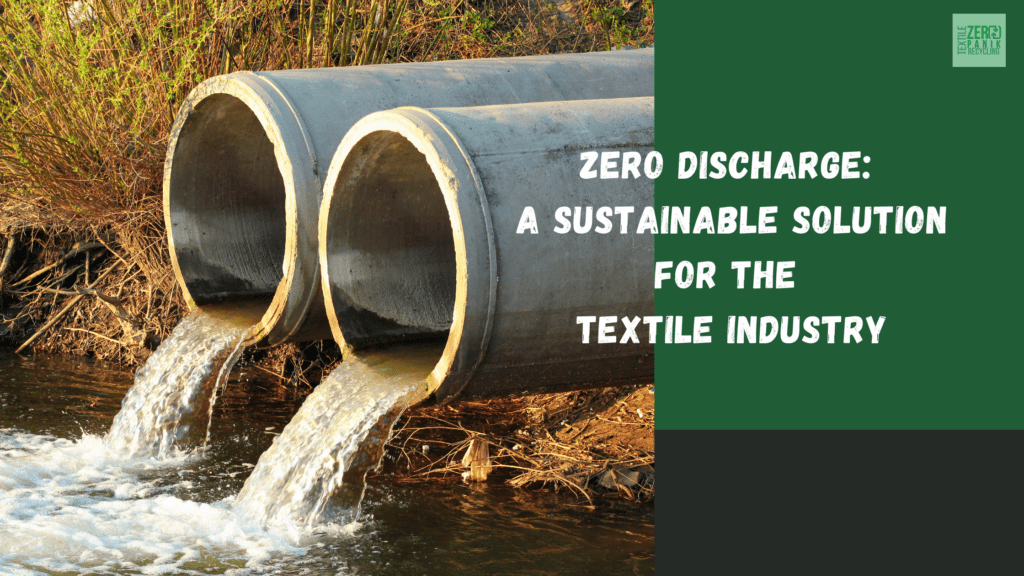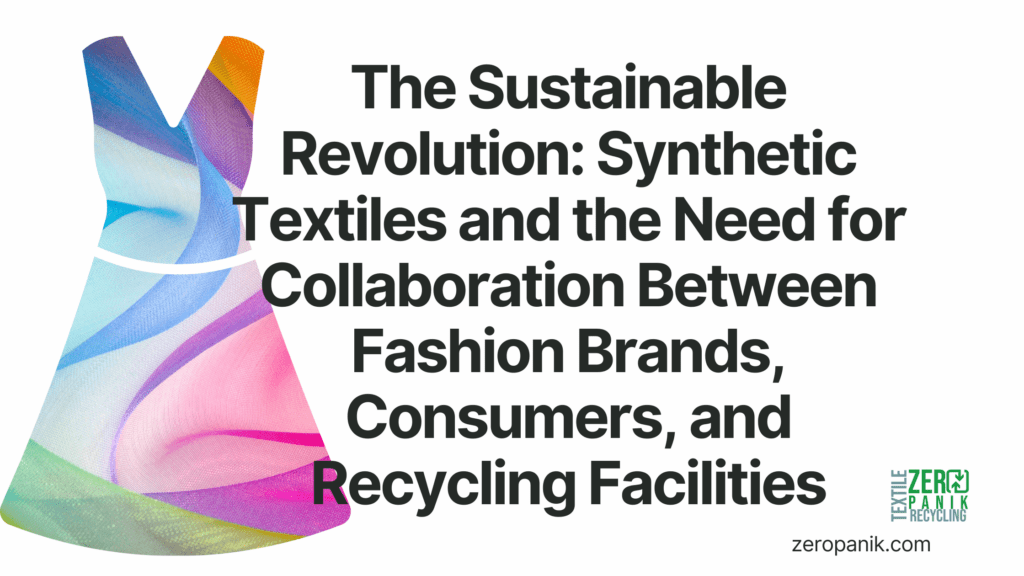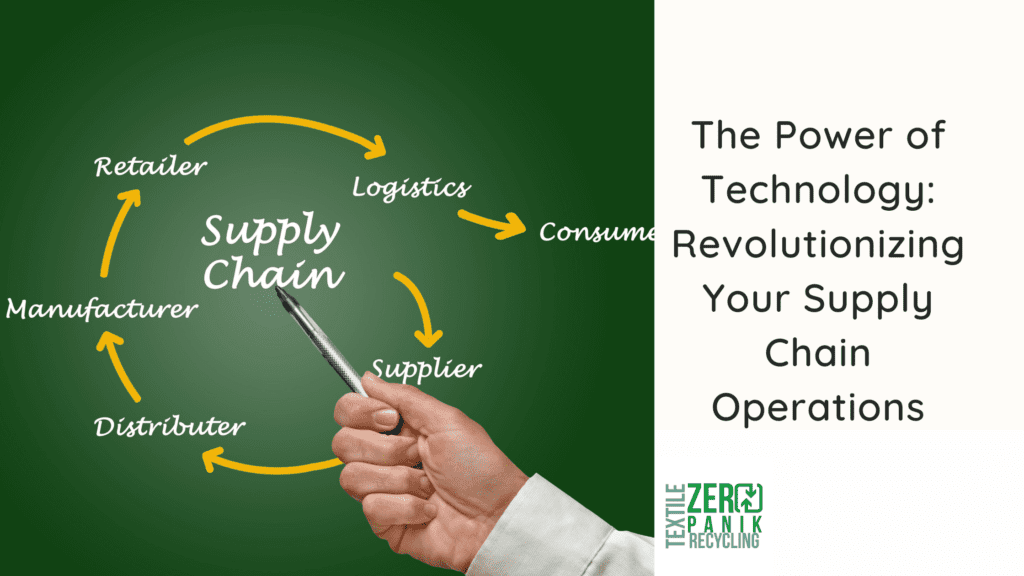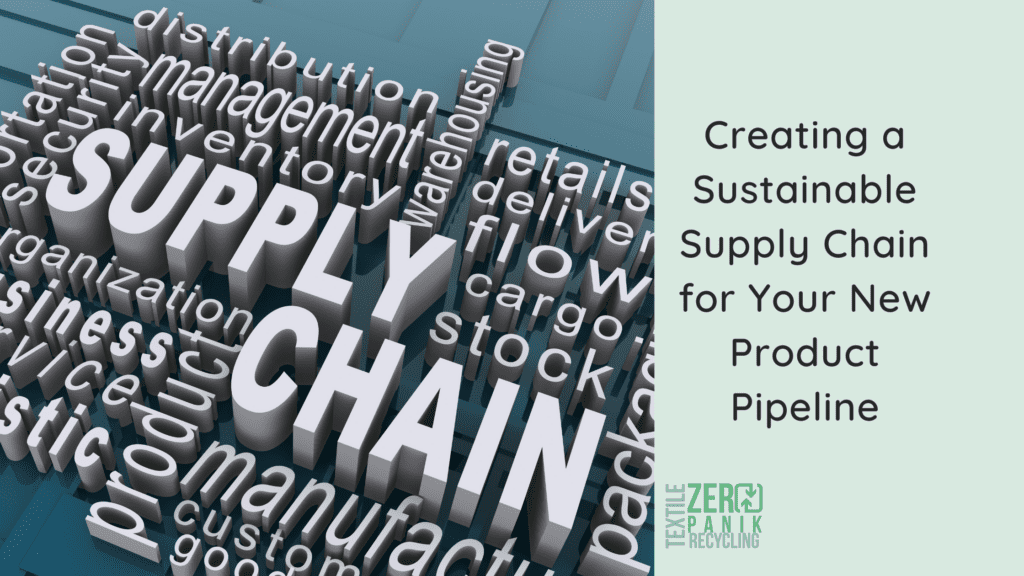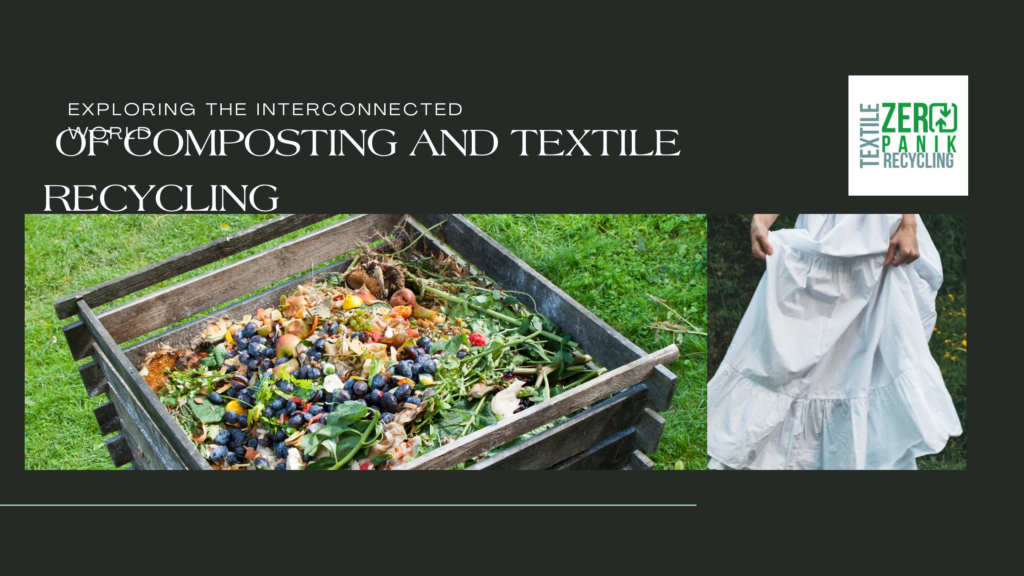Understanding the Importance of Sustainable Fashion and Upcycling
Sustainable fashion and upcycling have become integral topics in the world of fashion and beyond. Today, we will delve into the importance of these practices and how they contribute to a more sustainable and ethical industry. First, we will define the two so we understand the difference, and then we will take a look at […]
